What Causes Skin Hyperpigmentation?

If you've ever wondered why certain spots on your skin seem darker than the rest, you might be dealing with a common concern known as hyperpigmentation.
This phenomenon occurs when certain areas of the skin produce more pigment than usual, leading to uneven skin tone.
Let's dive into the world of skin hyperpigmentation and explore what causes it.
The Basics of Skin Coloration
Before we unravel the mysteries of hyperpigmentation, let's understand how our skin gets its color. The key player here is melanin, a pigment produced by cells called melanocytes.
Melanin comes in two main forms: eumelanin, responsible for brown to black hues, and pheomelanin, which contributes to red and yellow tones.
The unique blend of these pigments determines our skin tone.
What Is Hyperpigmentation?
So, what exactly is hyperpigmentation?
In simple terms, it's when your skin decides to go a little overboard with the pigment production, resulting in darker patches or spots.
The culprits behind this can vary, leading to different types of hyperpigmentation, including sunspots, melasma, and post-inflammatory hyperpigmentation.
Factors Contributing to Hyperpigmentation
-
Sun Exposure and UV Radiation: Your skin's worst enemy when it comes to pigmentation is the sun. UV rays stimulate melanocytes, prompting them to produce extra melanin.
That's why those sunny beach days may contribute to those pesky dark spots. - Hormonal Changes: Ladies, you might have noticed changes in your skin tone during pregnancy or while using birth control pills. Hence, these kinds of hormonal shifts can throw your skin into a pigment-producing frenzy.
- Inflammation and Skin Injuries: Ever had a pimple or a scratch leave a mark that seems to stick around? Inflammation and skin injuries can trigger the production of excess melanin, leading to post-inflammatory hyperpigmentation.
-
Genetics in the Mix: Believe it or not, your genes play a role in how prone you are to hyperpigmentation.
If your family has a history of dark spots, you might be genetically predisposed to this skin concern. It's like an inherited trait, but not as fun as your grandma's dimples. -
Melanin Overproduction: Inside your skin cells, there's a party happening, and enzymes are the DJs. Sometimes, these enzymes get a bit too enthusiastic, leading to an overproduction of melanin.
This can result in areas of your skin becoming darker than the rest. -
Hormonal Imbalances: Hormones are like the conductors of your body's orchestra, and they also influence your skin color.
Pregnancy-related hyperpigmentation, often referred to as the "mask of pregnancy," is a prime example of how hormonal changes can affect your skin tone. -
Environmental Factors: Living in a bustling city has its perks, but it can also take a toll on your skin. Pollution and certain lifestyle choices, like smoking or a not-so-healthy diet, can contribute to hyperpigmentation.
It's like your skin is fighting a daily battle against the city smog.
Taking Control: Preventive Measures
- Sunscreen, Your Skin's Best Friend: Want to prevent hyperpigmentation? Slather on that sunscreen! UV protection is your first line of defense against those relentless sun rays.
- Skincare Routine Magic: Adopting a simple yet effective skincare routine can work wonders. Cleanse, moisturize, and treat your skin with care to keep hyperpigmentation at bay.
- Healthy Lifestyle: Nothing can beat the importance of following a healthy lifestyle which includes taking a good diet and drinking a lot of water!
Wrapping It All Up
Understanding what causes skin hyperpigmentation empowers you to take control of your skincare journey.
From sun protection to embracing natural remedies and seeking professional help when needed, there's a range of options to address this common concern.
Remember, your skin is as unique as you are, and that's something worth celebrating!



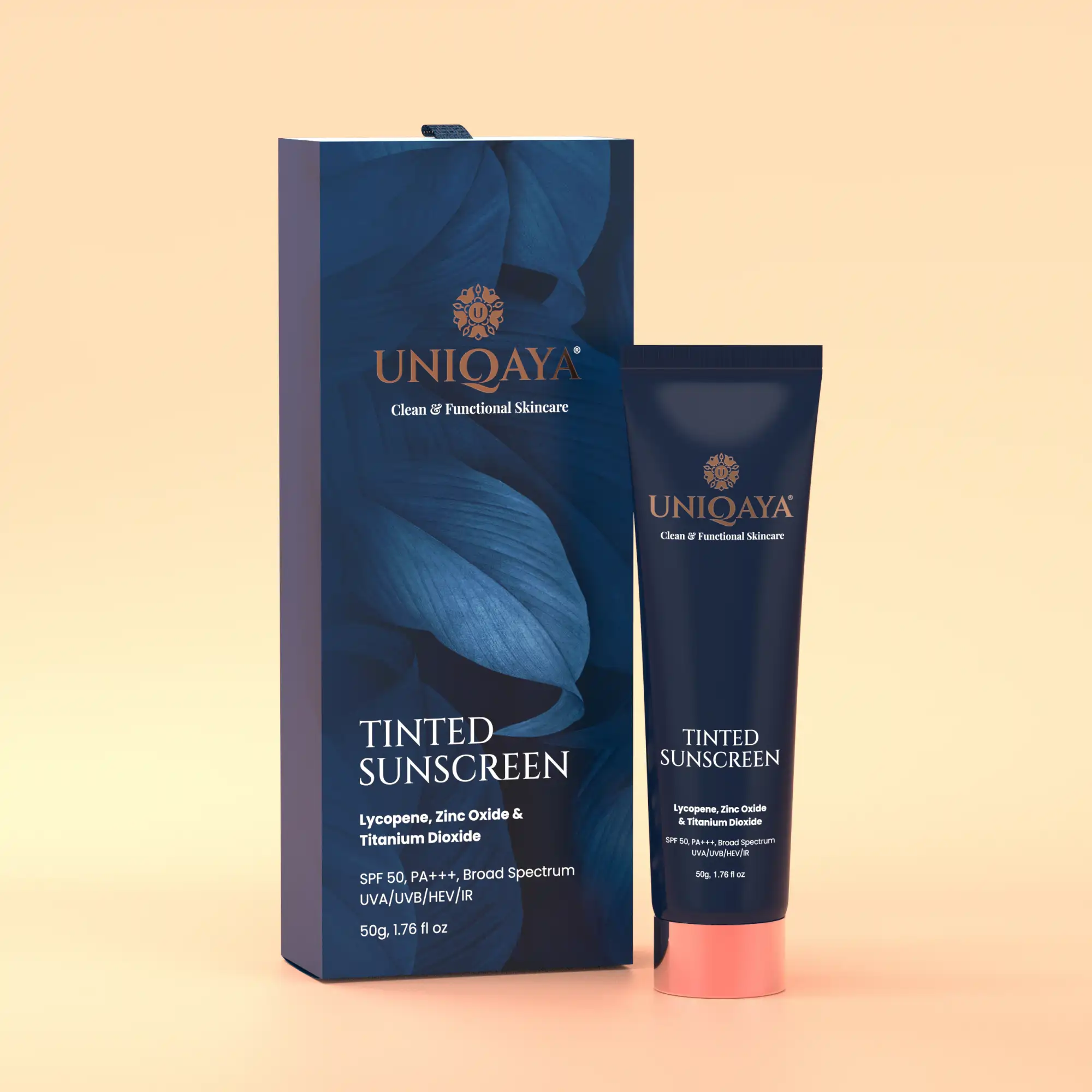

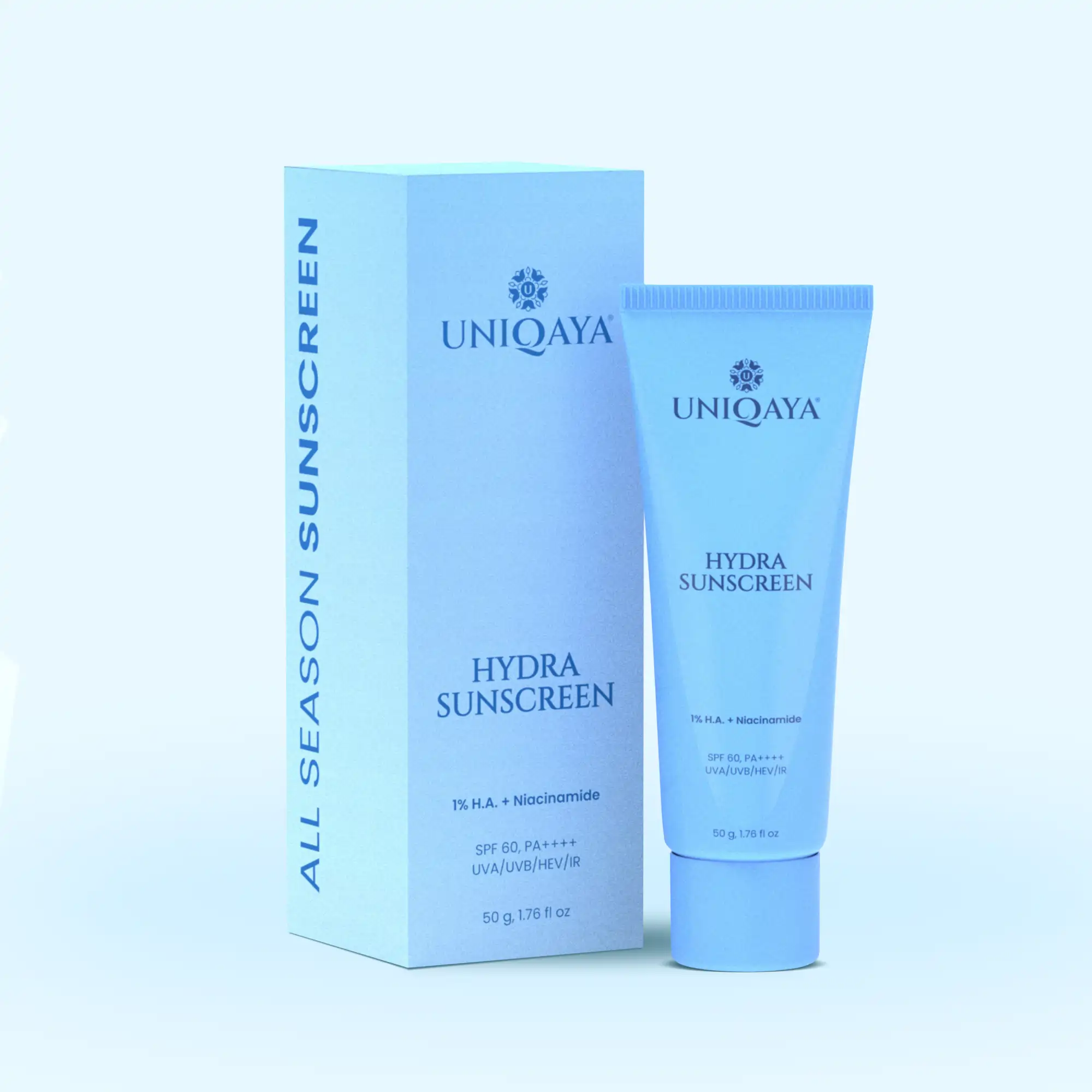

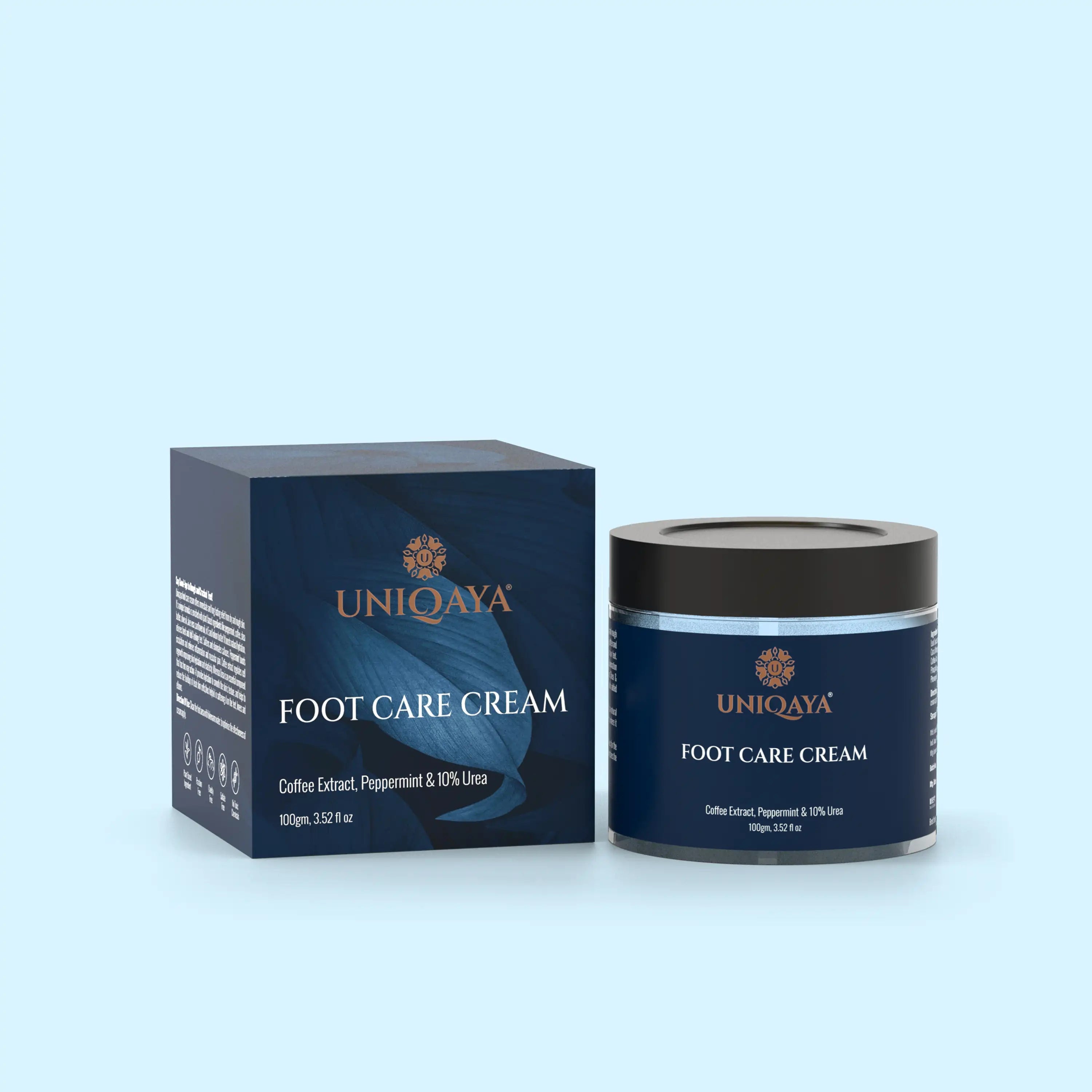

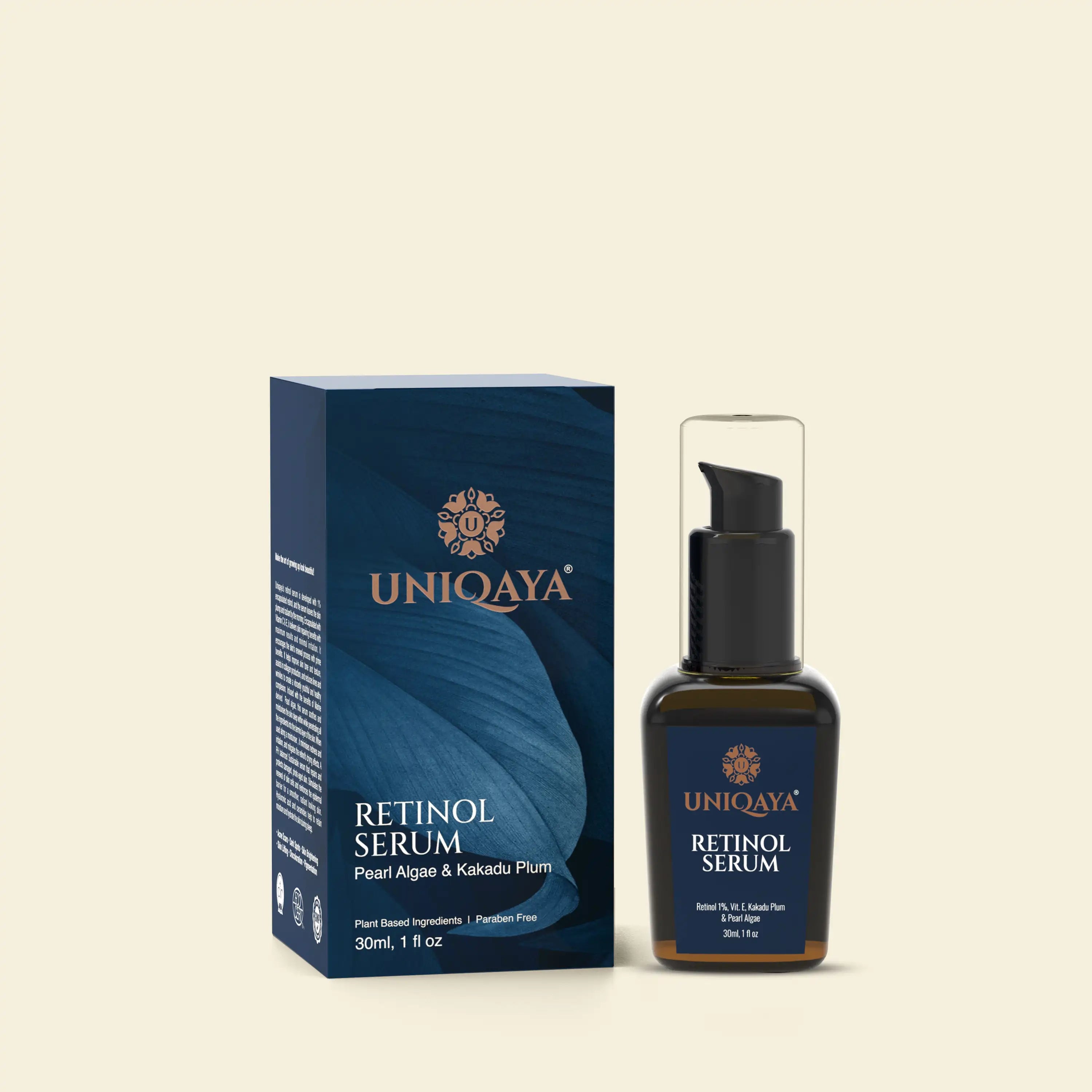

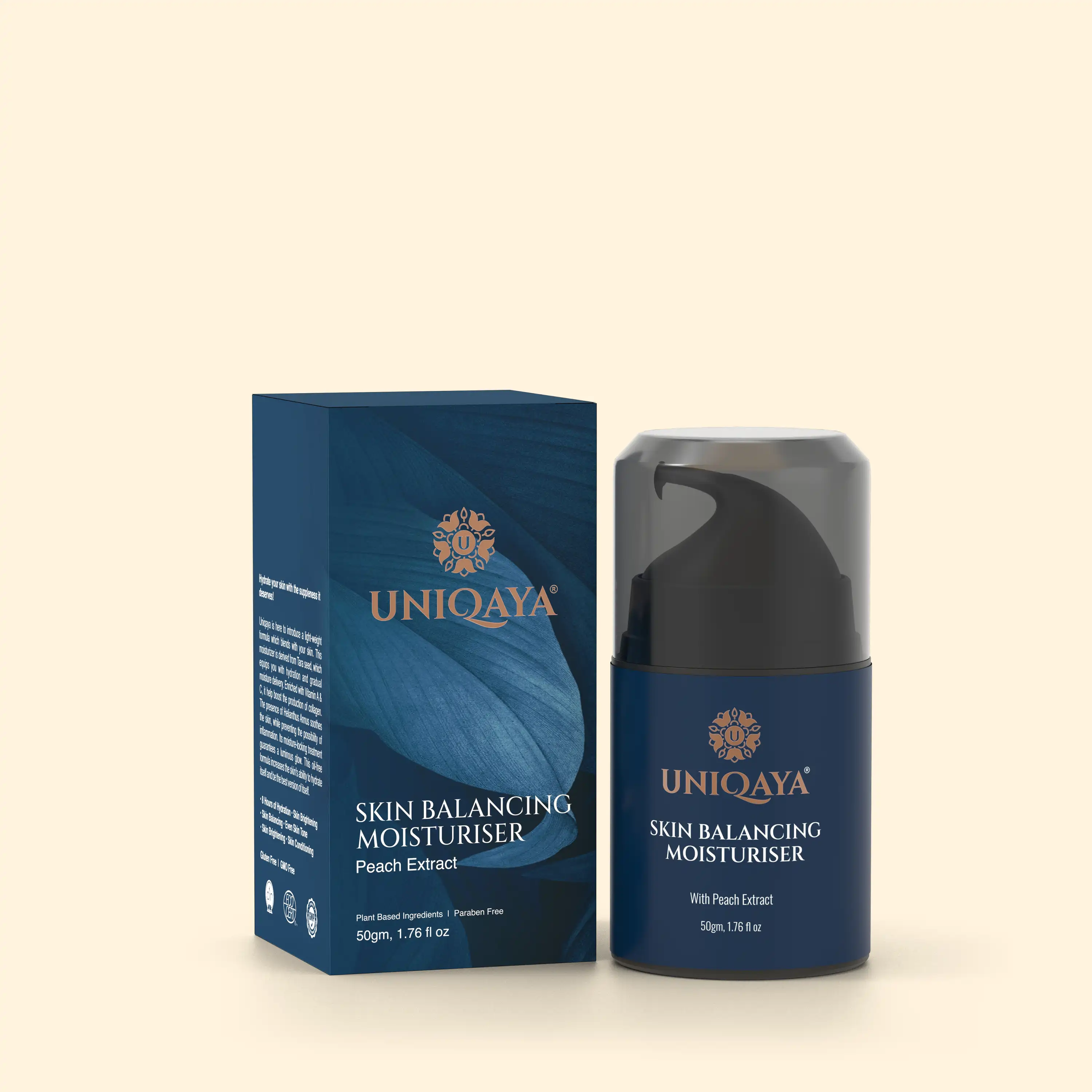
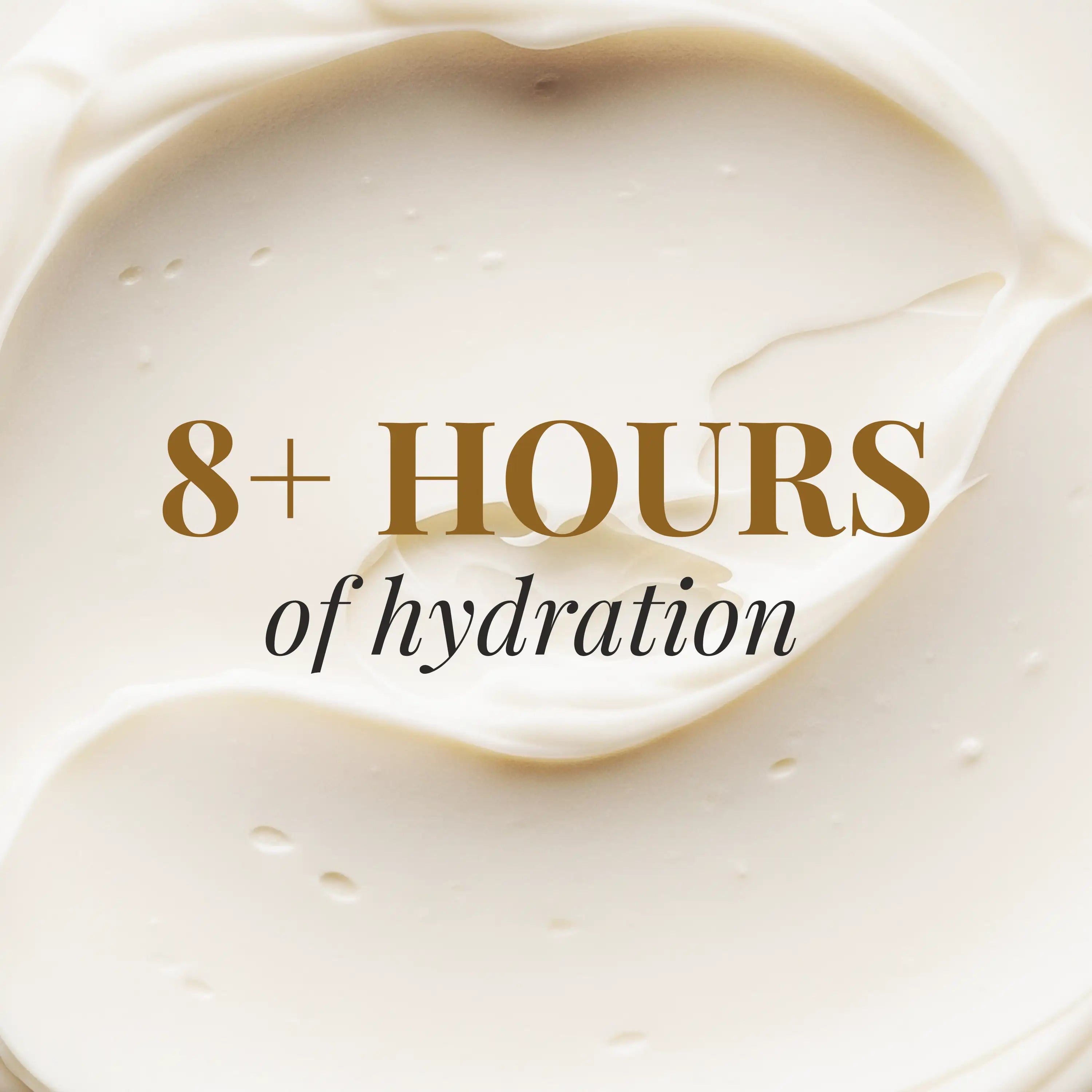
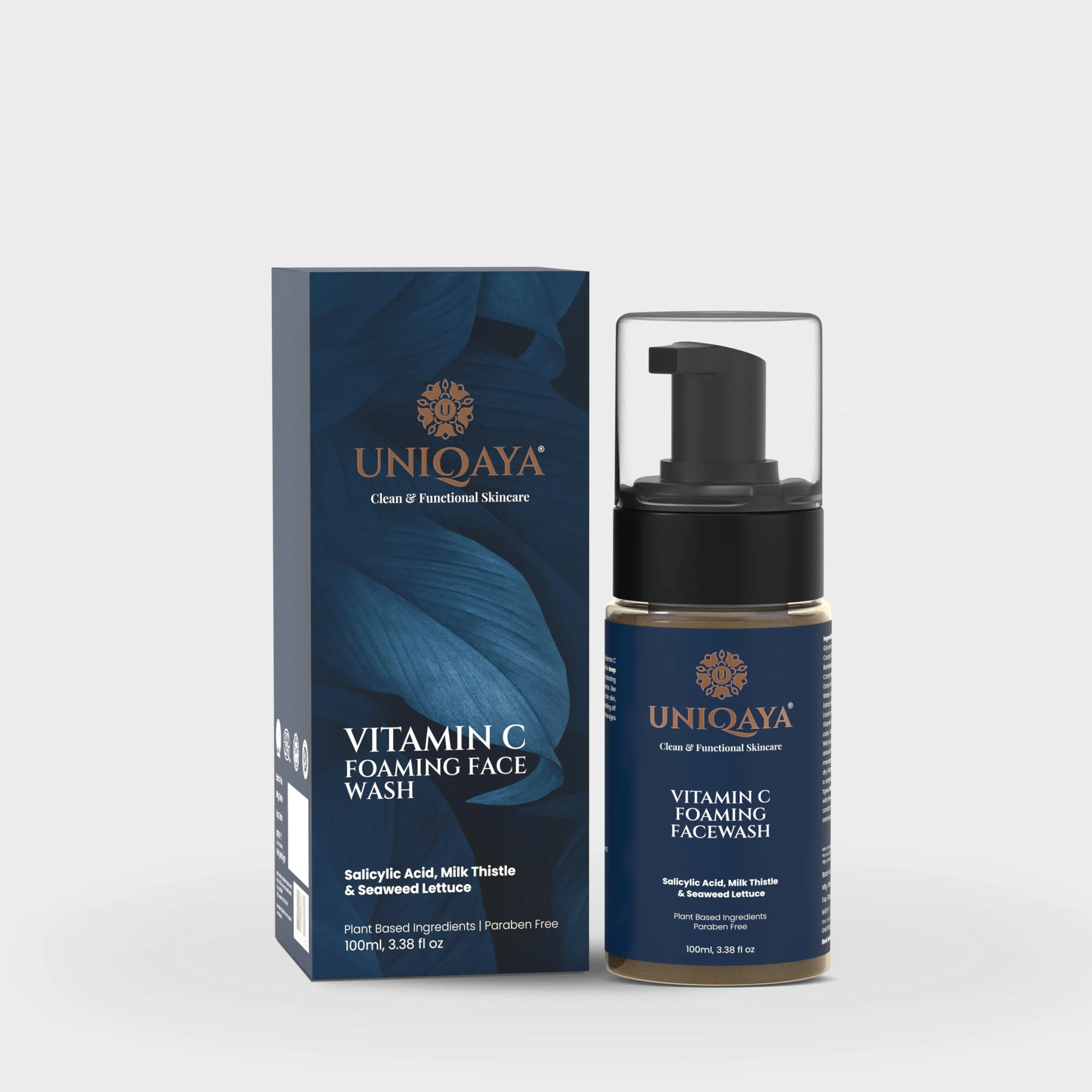
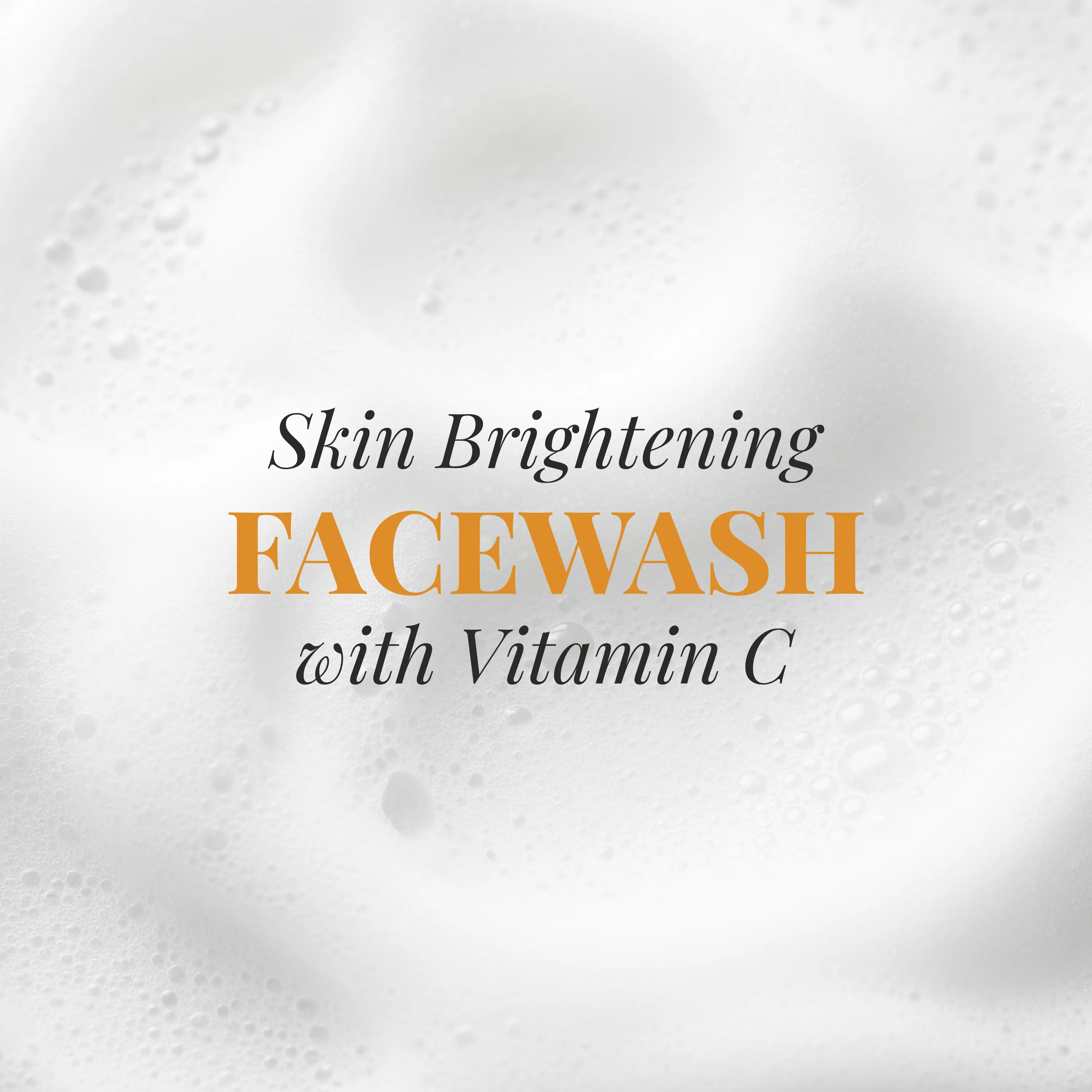
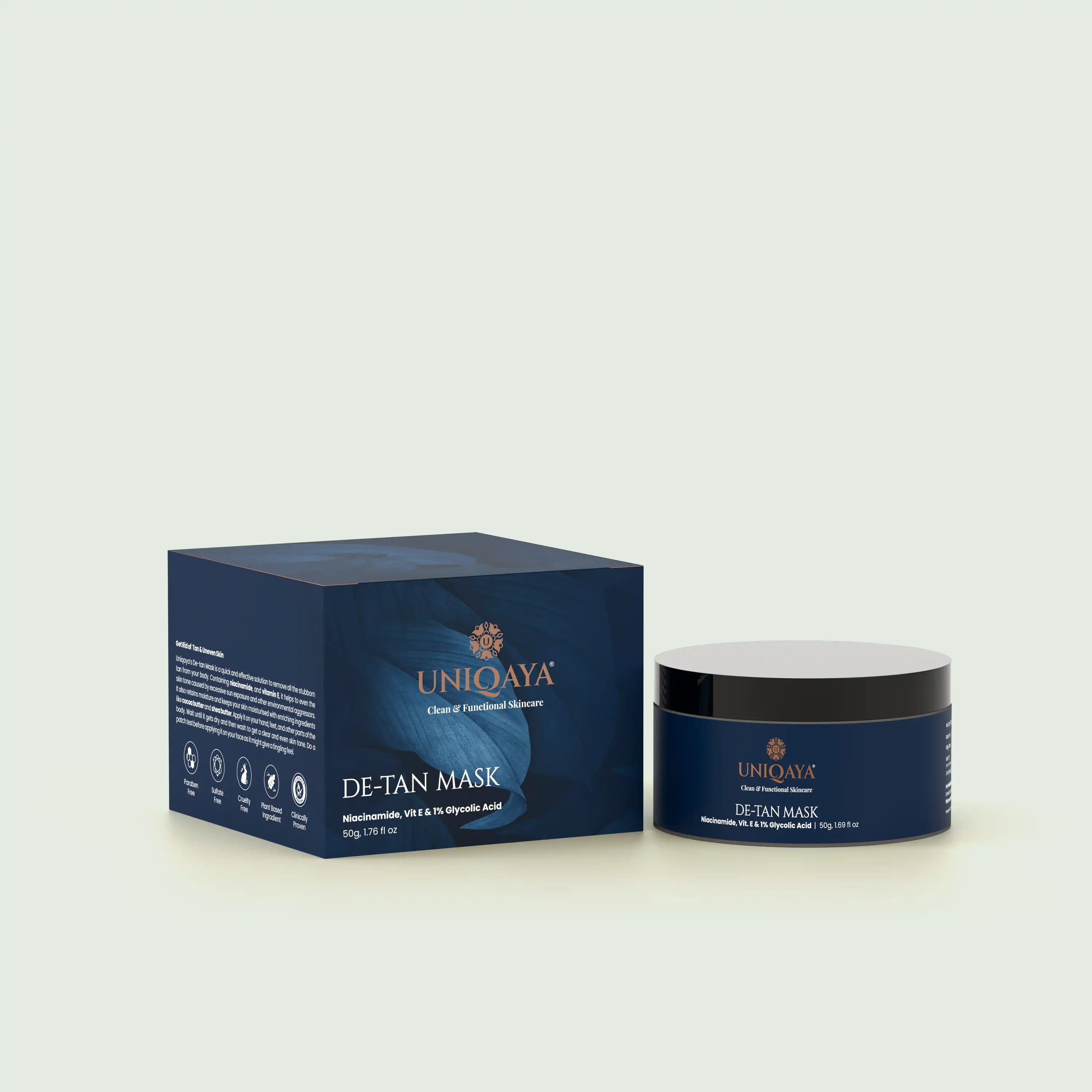
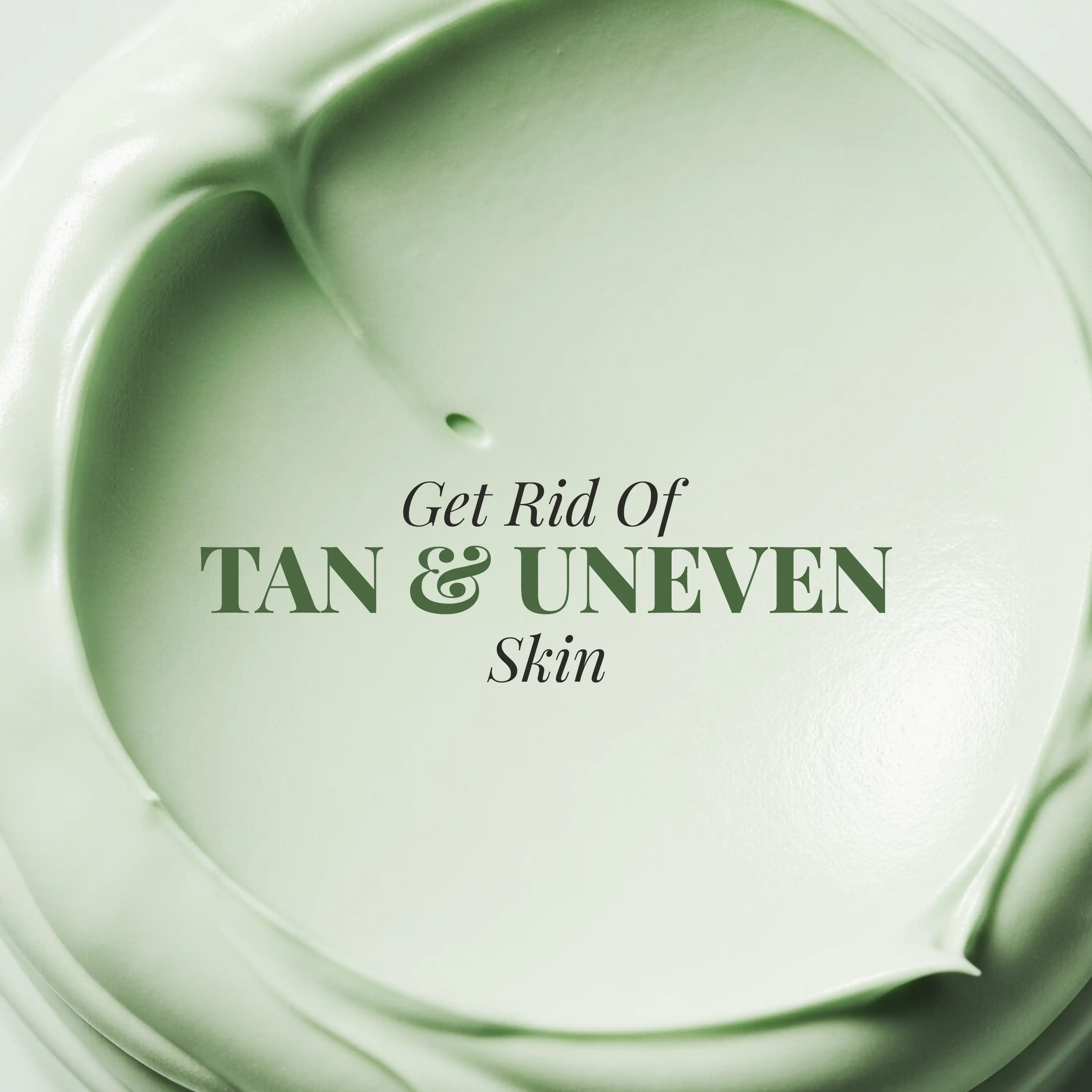
Leave a comment